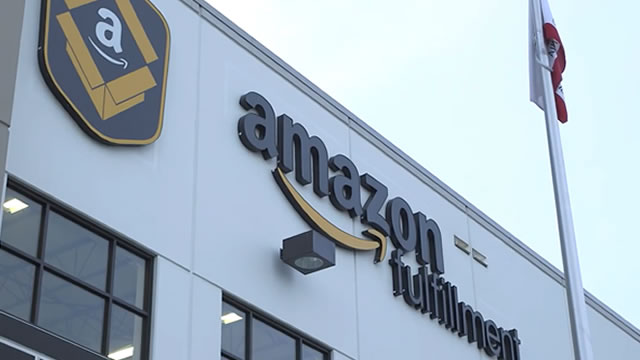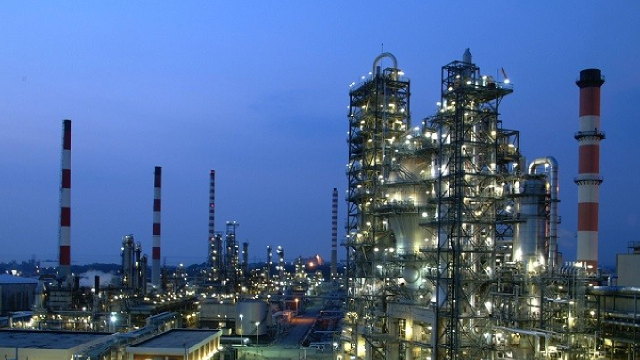The Impact of Tariffs on Retail Industry: A Particular Challenge for Amazon
The ongoing trade war between the United States and China has led to the imposition of tariffs on various goods imported from China. While the retail industry as a whole is expected to feel the brunt of these tariffs, the impact is not going to be evenly distributed. One of the companies that could be hit particularly hard is Amazon.
Amazon’s Dependence on Third-Party Sellers and Chinese Suppliers
Amazon’s business model relies heavily on third-party sellers, with over half of all units sold on the platform coming from these sellers. A significant portion of these sellers are based in China, and many of them import goods from China for sale on Amazon. The tariffs could lead to increased costs for these sellers, which in turn could result in higher prices for consumers or lower profits for sellers, potentially leading to a decrease in sales volume.
Impact on Amazon’s Private Label Brands
Amazon also sources a large number of its private label products from China. These products, which include brands like AmazonBasics and Amazon Essentials, contribute significantly to Amazon’s revenue. The tariffs could lead to increased costs for Amazon, which could result in higher prices for consumers or lower profits for Amazon. In turn, this could lead to a decrease in sales volume for these private label brands.
Effect on Consumers
The tariffs could lead to higher prices for consumers, as sellers pass on the increased costs to consumers. This could lead to a decrease in demand for certain products, particularly those with significant price increases. Additionally, some sellers may choose to stop selling certain products or leave the platform altogether if the increased costs become too burdensome.
Effect on the Retail Industry as a Whole
The tariffs could lead to increased costs for retailers across the board, not just those that rely heavily on Chinese suppliers. This could lead to higher prices for consumers, decreased sales volume, and potentially decreased profits for retailers. Additionally, some retailers may choose to shift their sourcing to other countries or find alternative suppliers to avoid the tariffs.
Effect on the Global Economy
The tariffs could have a ripple effect on the global economy. Increased costs for retailers could lead to decreased profits and potentially decreased investment in the sector. Additionally, decreased demand for certain products could lead to decreased production in China, potentially leading to unemployment and decreased economic activity in the country.
Conclusion
The tariffs on goods imported from China are expected to have a significant impact on the retail industry, particularly on companies like Amazon that rely heavily on Chinese suppliers and third-party sellers. The increased costs could lead to higher prices for consumers, decreased sales volume, and potentially decreased profits for retailers. Additionally, the tariffs could have a ripple effect on the global economy, potentially leading to decreased investment in the retail sector and decreased economic activity in China.
- Retailers are expected to feel the impact of tariffs, with Amazon being particularly affected due to its reliance on third-party sellers and Chinese suppliers.
- Amazon’s private label brands, which contribute significantly to its revenue, could also be impacted by the tariffs.
- The tariffs could lead to higher prices for consumers and decreased sales volume for retailers.
- The tariffs could have a ripple effect on the global economy, potentially leading to decreased investment in the retail sector and decreased economic activity in China.





